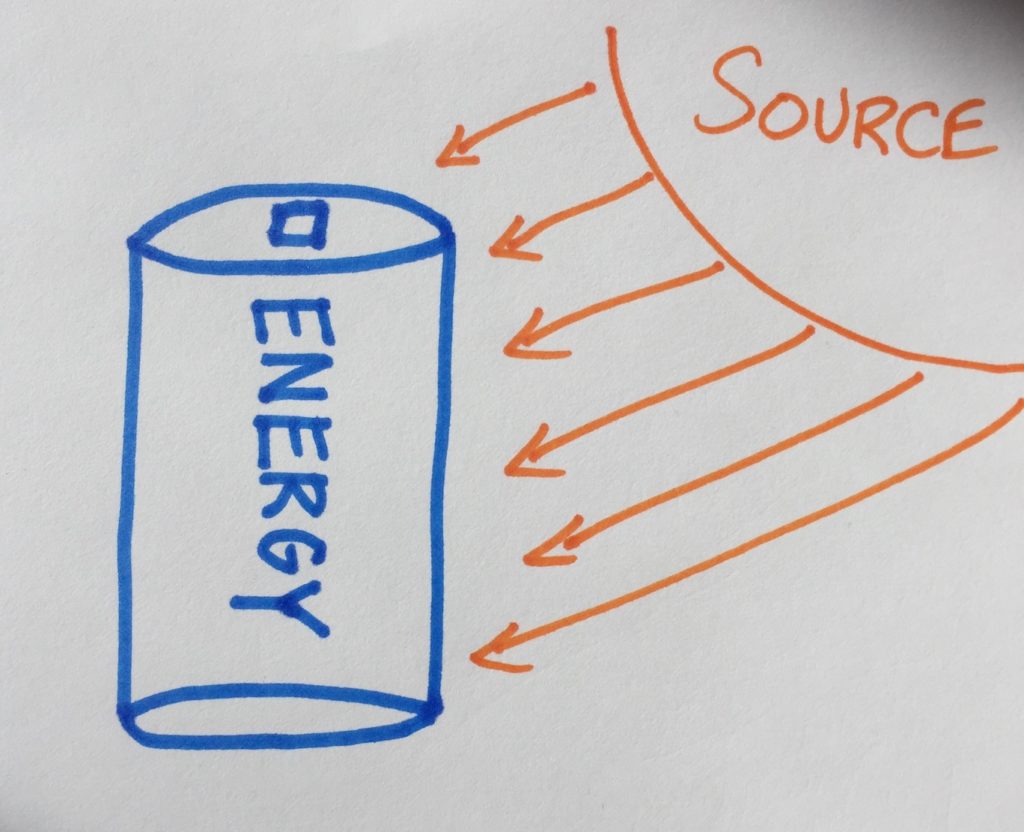Are you tired? Worn out? A little dull and not sure why? Flirting with burnout? Have you been pushing hard? Just finished a long season of insane work hours? You’ve had tons of personal life crises for months on end?
I understand and I think this idea can help you get back to a more sustainable and healthy version of you.
Big Idea: Think of Your Emotional Energy Like Food
I experienced a burn out in 2015. I was emotionally and physically depleted. In my struggle to articulate what I was experiencing and how I got there, I began imagining my emotional energy using this idea of emotional calories. I started connecting my emotional energy with my physical energy, food nutrient intake, caloric requirements and energy management.
Today, my life is radically different because I’m learning to manage my emotional energy for optimal output. Our emotional energy is renewable if we steward our input of emotional nutrients alongside our emotional energy investments.
For decades I operated from the belief that my emotional energy was automatically 100% renewable every day. I was wrong. Our emotional energy is renewable, if we manage it well. Like any energy management system, you cannot use more than you create or store. Our emotional energy is like a solar battery gaining recharge by sun exposure. Put a solar cell in a dark room without light and it cannot regain its power.
Like solar power, our emotional energy will recharge from continual exposure to our positive emotional energy sources. Emotional energy nutrients are highly individualistic. Going for a run gives me positive input of emotional nutrients. For a non-runner it could be a negative experience which, results in an emotional energy subtraction or calorie burn.

My old way of living
I used to approach each new day without a plan for budgeting my inputs of nutrients with my energy expenditures. Long work day-check. Endless meetings-check. A friend who needed an ear-check. Kids that needed books read and put to bed-check.
At the end of each day, I’d wonder, “Why am I so tired? I didn’t do that much”. I now understand that my emotional energy was being depleted one emotional calorie at a time. Today, I live and budget my emotional calorie expenditures alongside my input of emotional nutrients for optimal output. I know that’s a mouthful of an idea. Let me unpack it more.
Emotional Calories and managing emotional energy

To complete a one mile running race, we accept that our body must either contain or intake enough energy in the form of calories, fats, or nutrients. For illustration purposes, let’s assume that it takes 100 calories to run one mile.
During the one-mile run, we understand that 100 calories will be depleted or burned. When the race is over, our body needs us to intake new calories to keep going the rest of the day. Finally, we appreciate that if we burned 110 calories during our run, we are either need to replenish those 10 extra calories or we may have had extra energy storage that we tapped into.
Either way, in order to accomplish the task of running one mile, it requires energy, calories, nutrients and stored energy. I believe our emotional energy is exactly the same.
Whatever you want to accomplish, create, build, renovate, change, refurbish, invent, conquer, birth and overcome, it requires emotional energy.
Emotional Cells

Stored within us are limited supplies of emotional cells. These emotional cells store energy. Energy is expended each day as we pursue our Work, Life, Play, Relationships and Health.

Emotional Caloric Nutrient Intake
We must begin to understand that our emotional cells must be fed with nutrients and soul food. I now understand that I have to have a steady diet of nutrients to feed my emotional calories. Things that feed my emotional energy tanks are:
- Rest & sleep
- Quiet
- Time with my family
- Adventure
- Good food and wine
- Laughter
- Prayer and time alone with God
- Doing work I love
- Being around good friends
I’ve begun to think of these nutrients like a packaging label on a nutrition bar.
Activity: Hour long run with a friend in the mountains
Calorie nutrient intake: 200 calories [100 nutrients from running + 100 being outside in the mountains]
I am then able to invest those new 200 nutrient calories of stored energy into my responsibilities, my work, my creativity, my obligations and my relationships.

Caloric Depletion
We must understand what burns and depletes our emotional calories. Assign a daily emotional calorie count for these examples:
- Difficult conversation (100 emotional calories)
- Business Travel for three nights (100 emotional calories x 3 nights)
- Stressful day (150 emotional calories)
- Pace of Life is too fast (75 emotional calories)
- Endless To-Do’s (150 emotional calories)
- 100 new unread emails (75 emotional calories)
Rate of depletion
Individual activities can be compounded in their caloric requirement by your rate of depletion. I believe that e.g. prolonged stress, being in a leadership position, working 100 hours and difficult relational conversations significantly increase my emotional calorie rate of depletion.
Difficult conversation (100 emotional calories) x (5) conversations this week x (20% increase)
________________________________________________________________
=600 emotional calories of nutrients required to fuel these conversations

Resources:
Necessary Endings: Dr. Henry Cloud
I found this book very helpful in my shifting seasons. Dr. Cloud named many of my internal struggles and provided the affirmation that endings are natural and necessary.
Listen to the original podcast on How I Burned Out and Came Back.


